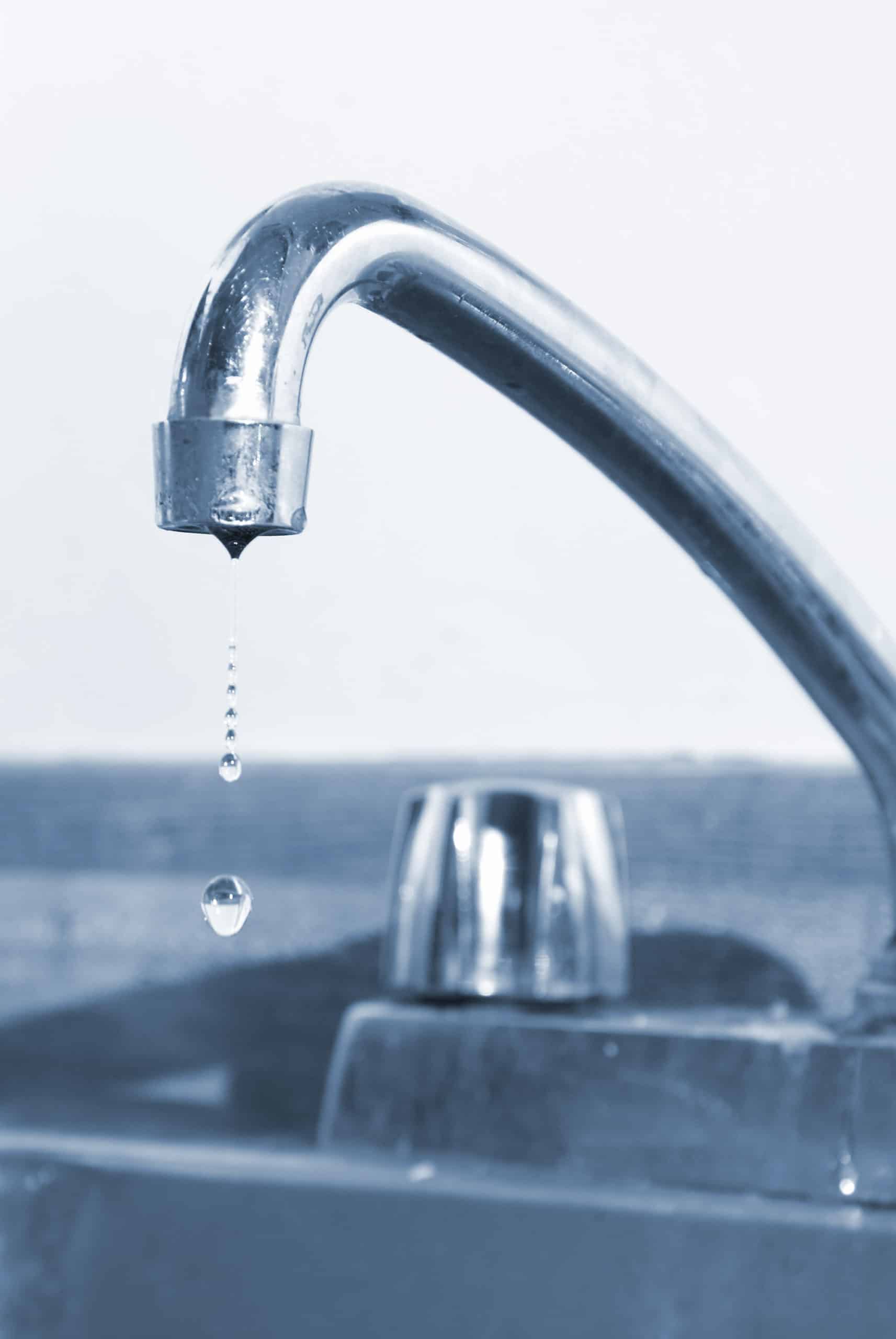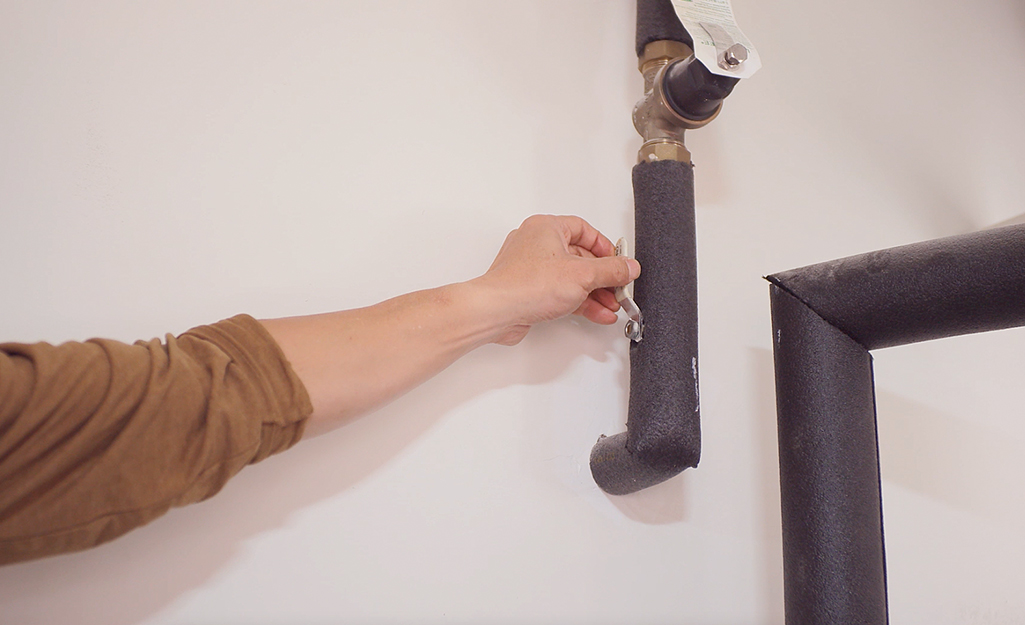How It's Vital to Fix a Faulty Faucet
How It's Vital to Fix a Faulty Faucet
Blog Article
Are you currently in search of selective information involving Should I Repair or Replace a Leaky Faucet??

Trickling taps may appear like a small aggravation, yet their effect exceeds simply the annoyance of the sound. From drainage to sustaining unneeded monetary prices and health risks, neglecting a leaking faucet can bring about various consequences. In this post, we'll explore why it's vital to resolve this common household concern quickly and efficiently.
Wastefulness of Water
Ecological Effect
Trickling faucets contribute significantly to water wastefulness. According to the Environmental Protection Agency (EPA), a solitary faucet trickling at one drip per second can throw away more than 3,000 gallons of water annually. This not just strains water sources but also influences environments and wild animals depending on them.
Step-by-Step Overview to Dealing With a Dripping Tap
Tools Needed
Before trying to fix a trickling tap, collect the essential tools, including a flexible wrench, screwdrivers, replacement components (such as washers or cartridges), and plumber's tape.
Typical Faucet Issues and Their Solutions
Determine the kind of faucet and the specific issue creating the drip. Typical problems include worn-out washing machines, corroded shutoff seats, or malfunctioning O-rings. Refer to manufacturer instructions or on-line tutorials for detailed advice on repair services.
Financial Costs
Boosted Water Costs
Beyond the ecological influence, leaking faucets can pump up water expenses considerably. The accumulated wastefulness gradually equates right into higher utility expenditures, which can have been avoided with timely repairs.
Prospective Home Damages
Furthermore, extended leaking can cause damage to components and surface areas bordering the tap. Water buildup can cause staining, corrosion, and even structural issues if left unattended, causing additional fixing prices.
Health and wellness Worries
Mold and Mildew Development
The constant presence of wetness from a dripping tap produces a suitable environment for mold and mold development. These fungis not just jeopardize indoor air top quality yet additionally present wellness dangers, particularly for people with breathing conditions or allergic reactions.
Waterborne Illness
Stagnant water in dripping faucets can come to be a breeding place for bacteria and various other microorganisms, increasing the risk of waterborne conditions. Impurities such as Legionella bacteria prosper in stationary water, possibly bring about major ailments when consumed or inhaled.
DIY vs. Professional Fixing
Pros and Cons of Do It Yourself Repair Work
While some might try to repair a dripping tap themselves, do it yourself repairs include their own set of difficulties. Without proper expertise and devices, do it yourself efforts can worsen the problem or result in insufficient repair work, prolonging the trouble.
Benefits of Hiring a Professional Plumber
Hiring a professional plumber makes sure that the underlying root cause of the trickling faucet is resolved successfully. Plumbings have the know-how and devices to diagnose and fix tap issues effectively, conserving time and minimizing the risk of additional damage.
Environmental Duty
Individual Contribution to Conservation
Taking obligation for fixing dripping taps straightens with broader efforts toward water conservation and environmental sustainability. Every person's actions jointly make a significant impact on protecting valuable sources.
Lasting Living Practices
By focusing on timely repair services and embracing water-saving practices, individuals add to lasting living methods that benefit both present and future generations.
Safety nets
Normal Upkeep Tips
To prevent trickling faucets, carry out routine upkeep such as cleaning aerators, inspecting for leakages, and replacing worn-out parts quickly. Additionally, think about installing water-saving devices or upgrading to extra effective fixtures.
Importance of Prompt Repair Works
Addressing leaking faucets as quickly as they're seen stops further water wastage and possible damage, eventually conserving both water and cash over time.
Impact on Home Worth
Assumption of Well-Maintained Home
Maintaining a residential property in good condition, consisting of attending to upkeep problems like leaking faucets, improves its viewed value and desirability amongst potential buyers or tenants.
Impact on Resale Worth
Residences with properly maintained plumbing components, consisting of taps, command higher resale values in the property market. Addressing dripping faucets can add to a favorable perception throughout residential or commercial property assessments and negotiations.
Verdict
Resolving a dripping tap exceeds simple convenience; it's a vital action toward saving water, decreasing monetary costs, and protecting health and wellness and residential or commercial property. Whether through do it yourself repairs or expert assistance, taking action to deal with leaking faucets is a small yet impactful method to promote accountable stewardship of resources and contribute to a healthier, a lot more lasting future.
How to Fix a Leaky Faucet: Step-by-Step Repair Guide
A leaky faucet may seem like a simple annoyance, but if it's not fixed promptly, that leak could cost hundreds to potentially thousands. From water damage to mold, mildew, and high water bills, even a tiny leak can be catastrophic if left unattended. Damage like this can even affect the overall value of your home, so it's important to take the right approach for leaky faucet repair. You may need the help of a plumber in some cases, but we've got a few tips you can try on how to fix a leaky faucet before calling the pros.
Four Faucet Types
When you're learning how to fix a leaky faucet, the first step is knowing what kind of faucet you're working with! There are four common types.
Cartridge Faucets
Cartridge faucets come in one- or two-handled varieties. In one-handled cartridge faucets, hot and cold water combines in a single cartridge. In the two-handled versions, hot and cold water are controlled separately and mixed in the faucet.
Ball Faucets
Ball faucets have a single lever you push up and down to adjust the pressure and rotate to change the temperature. A slotted metal ball controls the amount of water allowed into the spout.
Compression Washer Faucets
They're the oldest type of faucet, but they're still used in many homes — especially older ones. Compression faucets have two separate handles that, when turned, raise or lower the washer that seals a water valve. This valve stops water from flowing through the faucet when it is turned off.
Disc Faucets
Disc faucets rarely need to be repaired due to their maintenance-free design. The water flow is controlled by two discs — the upper one raises and lowers against a fixed lower disc, creating a watertight seal. If your disc faucet starts leaking, you may need to replace the seals or clean residue buildup from the inlets.
Fixing a Leaky Faucet
Step 1: Turn Off the Water
Whether you're learning how to fix a leaky bathtub faucet or how to fix a leaky kitchen faucet, always turn off the water supply to your working area when you're fixing a leak. The last thing you want is a flood added to your list of things to fix.
Look for the shutoff valves below your sink or around the tub and turn them clockwise to stop the water flow. If your faucet doesn't have shutoff valves, you may need to turn off the water for the whole house. Check to make sure it's off by turning the faucet on. If nothing comes out, you're ready to start the repair.
Step 2: Take Apart the Faucet
How you disassemble your faucet depends on the type of fixture you have. You can use a flathead screwdriver to remove the caps on top of the handle or handles for cartridge and compression faucets. Inside, you should see handle screws. Unscrew these with a screwdriver to remove the handle.
Disc- and ball-style faucets will typically have an inlet screw near the handle, and removing that will reveal the interior of the faucet.
Detach the Valve Stem
For cartridge- and compression-style faucets, you'll see the inner valve stem or cartridge once you remove the faucet handles. If you have a compression faucet, unscrew the brass valve stem. If you have a cartridge faucet, pull out the cartridge. If your cartridge has been in place for a while, it may require some tools or extra force to remove it due to mineral deposits.
Examine and Replace Parts
Once you've removed the parts, check them out to confirm what needs to be replaced. You may see corroded rubber washers, O-rings, stems, or cartridges. On a ball-style faucet, check the seats and springs for damage.
If you need to repair a leaky disc faucet, check the inlet and seals on the lower disc.
Once you determine what parts must be replaced, visit your local hardware store. Bring the damaged parts with you to ensure you can purchase the correct components to replace them.
Clean Valves and Faucet Cavity
If you've removed a stem or cartridge, you may notice mineral buildup in the faucet's threads. Use white vinegar to clean the valve seat by soaking it for a few minutes, then scrub it away with a soft toothbrush and rinse with warm water. You can also clean the interior of the faucet in the same way.
Reassemble the Faucet
Once your faucet is cleaned and the required parts have been replaced, it's time to reassemble it. Put the pieces back together and slowly turn the water supply back on. Doing this slowly is crucial because too much initial water pressure can damage the new hardware you've just installed.
https://homewarranty.firstam.com/blog/how-to-fix-leaky-faucet

Do you appreciate more info about Why Are My Faucets Dripping (And Can I Fix It Myself)?? Write feedback directly below. We would be glad to see your reactions about this write up. In hopes to see you back again in the near future. In case you enjoyed our blog entry kindly be sure to share it. Thanks for being here. Come back soon.
Report this page